Remember, they are not fusca, but a species in the fusca group. If you have a microscope or a good macro lens you could try to identify them with a key.
- Formiculture.com
- Forums
- Gallery
- Members
- Member Map
- Chat

Remember, they are not fusca, but a species in the fusca group. If you have a microscope or a good macro lens you could try to identify them with a key.
I mentioned previously that the fusca group queens and pallidefulva group queens I have are not positively identified to species, I just call them that as shorthand. But I can type Formica cf. fusca going forward so you don't get confused!
Formica fusca group would be the proper way to say it I'm pretty sure, as F. cf. fusca would mean you believe them to be F. fusca from my understanding. It's all pretty confusing.
Anyway, good luck with the C. cf. nearcticus! I could tell you what the workers look like, but I'll let you find out once she gets them if all goes well. It's more fun that way.
Edited by Kaelwizard, May 27 2021 - 3:44 AM.
It's probably safe to assume that they are subsericea. Post some close up photos and TennesseeAnts can narrow it down for you. He accurately ID'd mine.
I mentioned previously that the fusca group queens and pallidefulva group queens I have are not positively identified to species, I just call them that as shorthand. But I can type Formica cf. fusca going forward so you don't get confused!
Formica fusca group would be the proper way to say it I'm pretty sure, as F. cf. fusca would mean you believe them to be F. fusca from my understanding. It's all pretty confusing.
Anyway, good luck with the C. cf. nearcticus! I could tell you what the workers look like, but I'll let you find out once she gets them if all goes well. It's more fun that way.
According to this post: https://www.formicul...y-and-taxonomy/
cf. means comparable to.
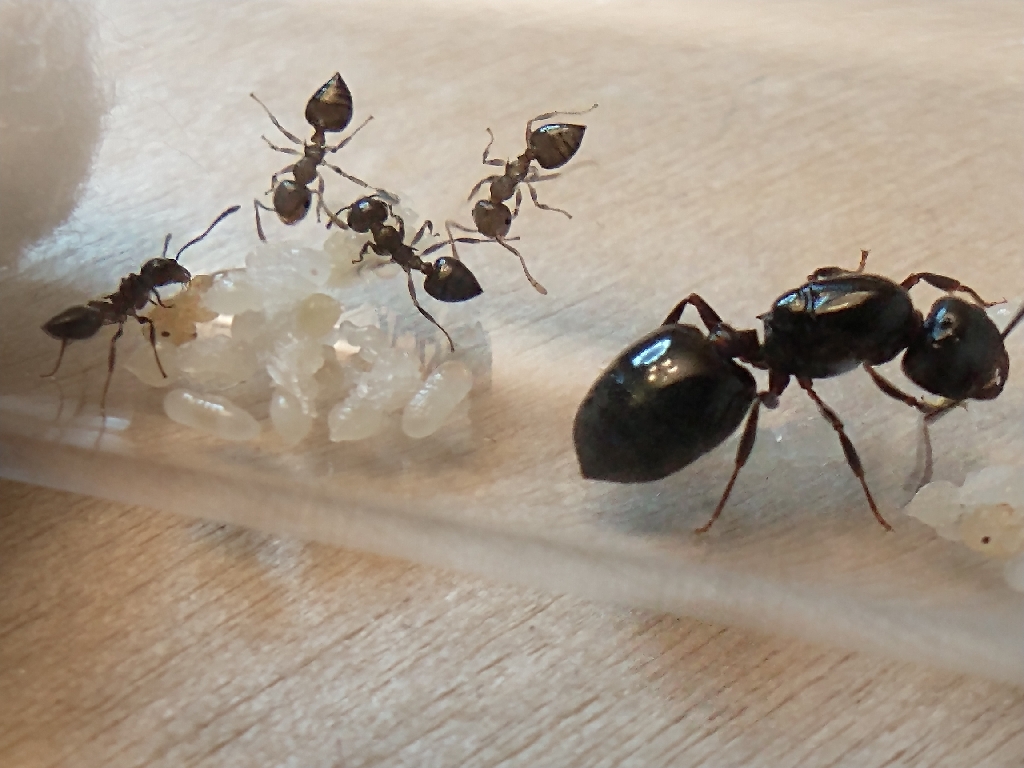
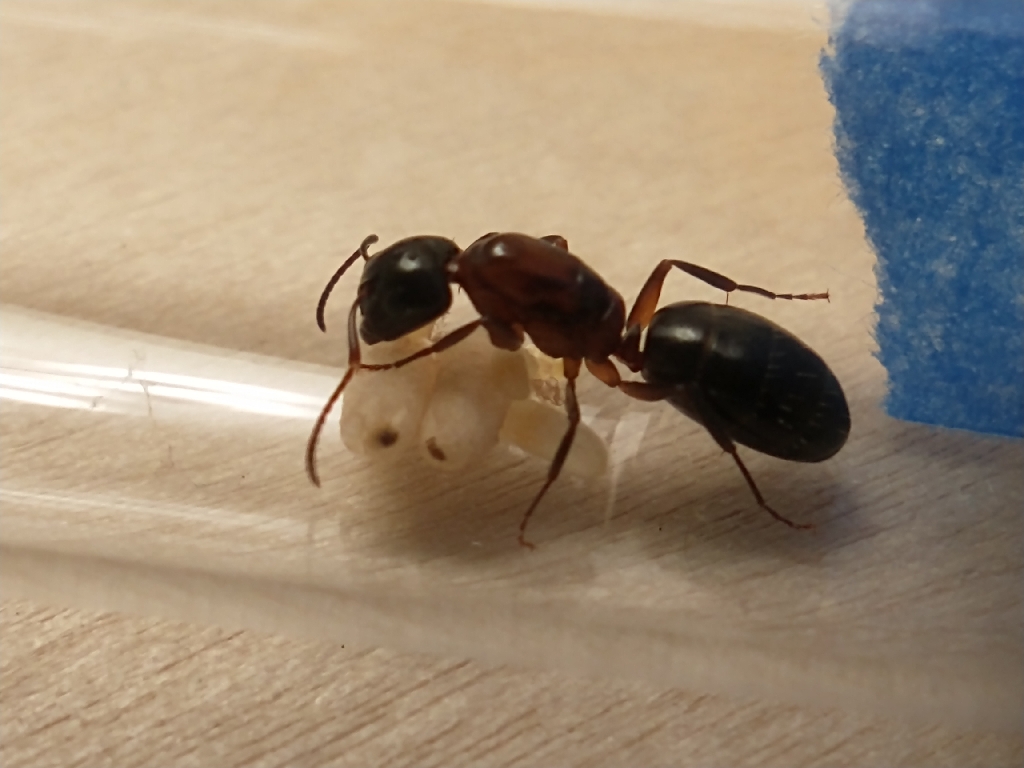
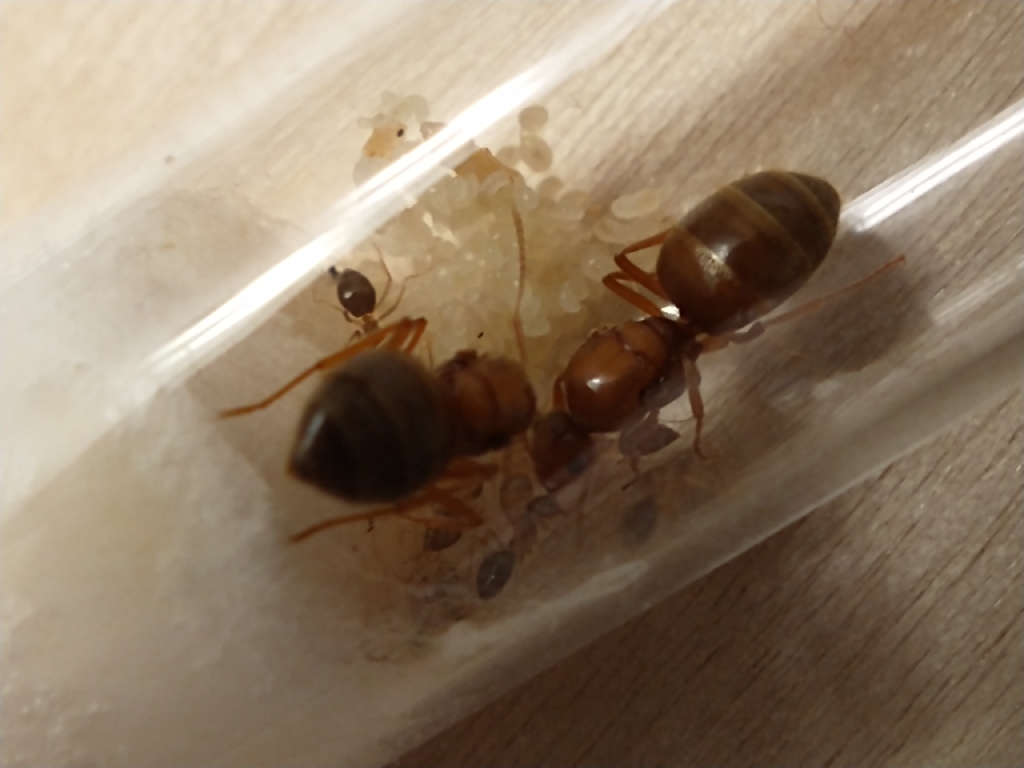
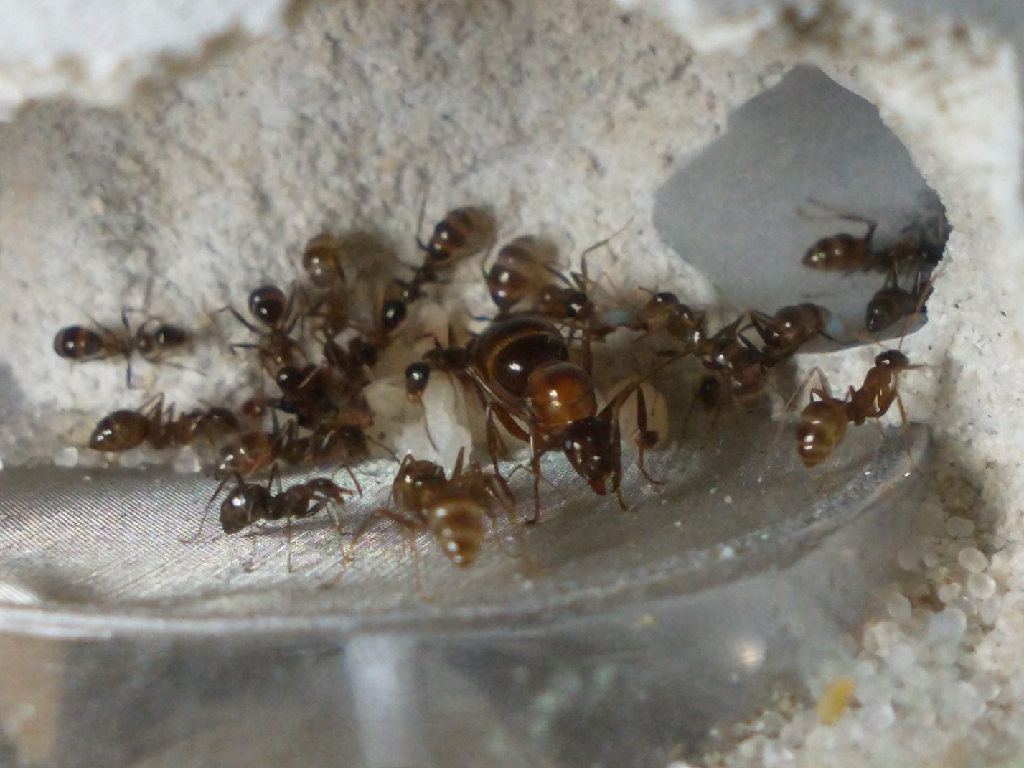
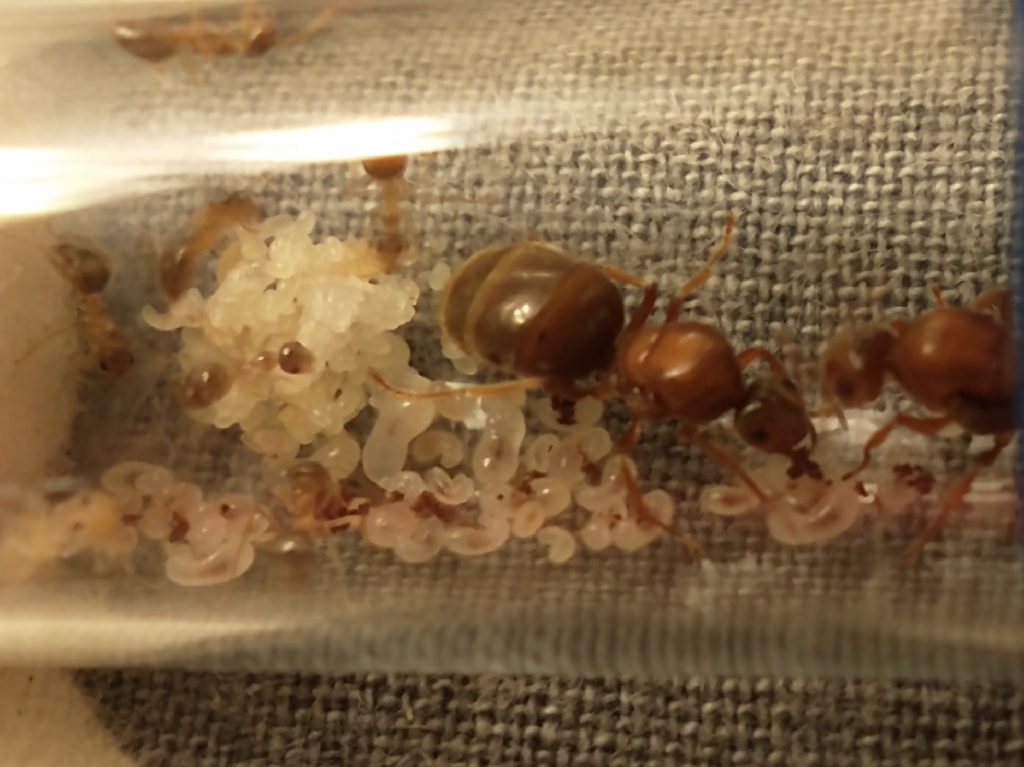
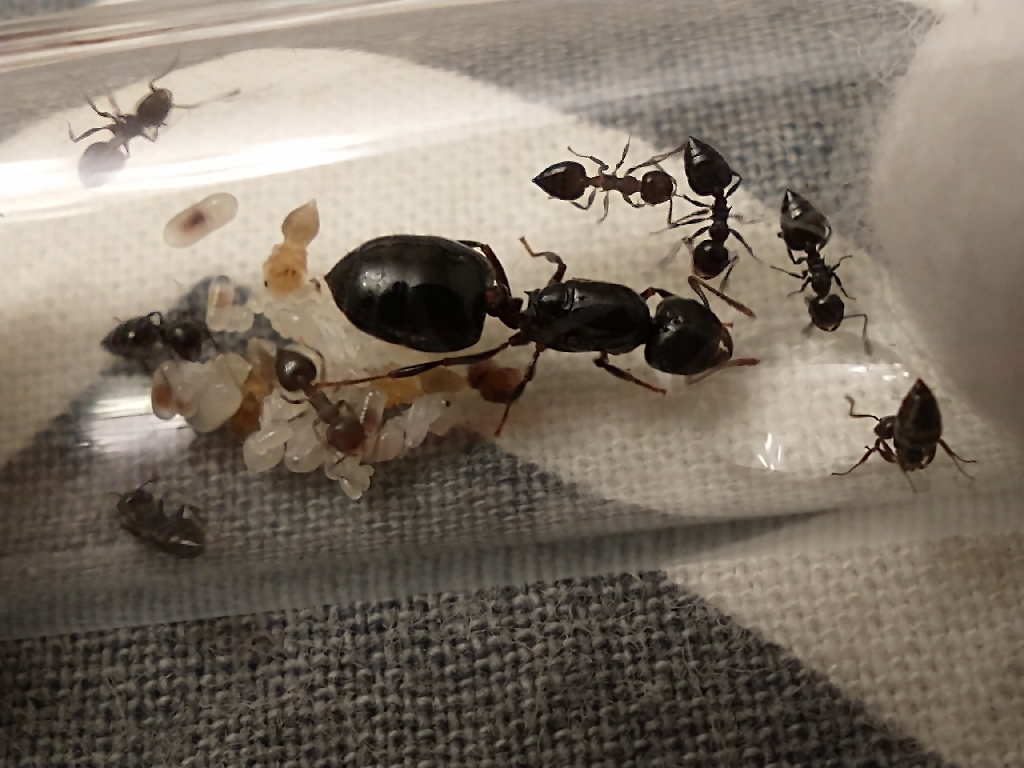
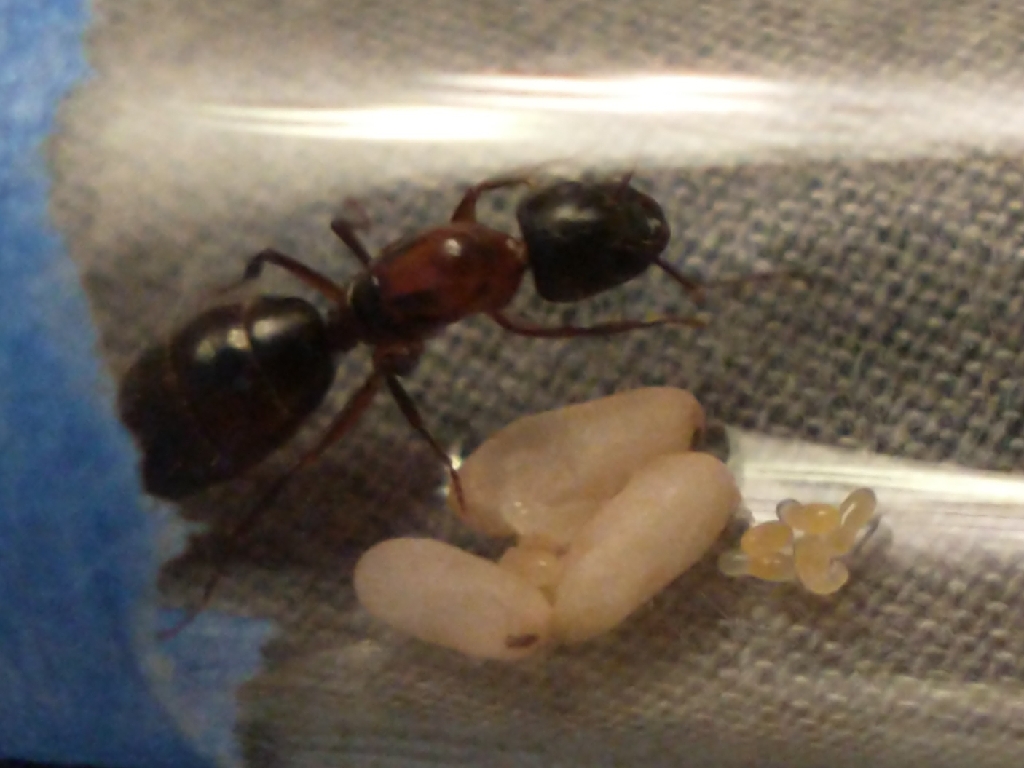
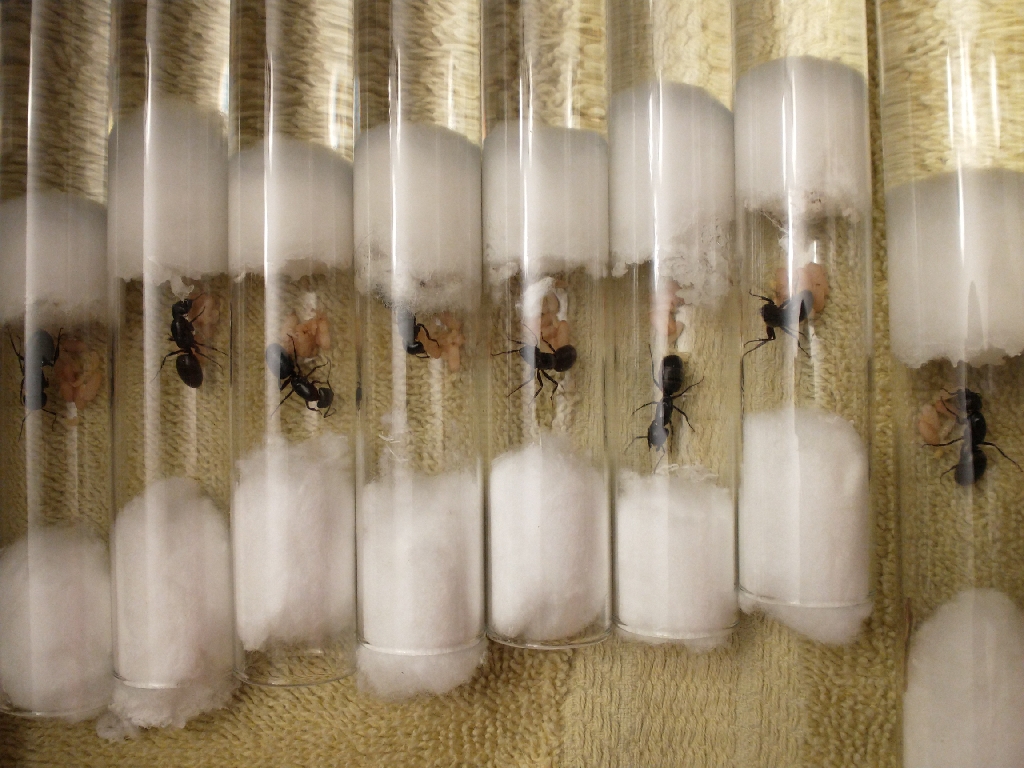
Edited by ANTdrew, June 28 2021 - 2:44 AM.
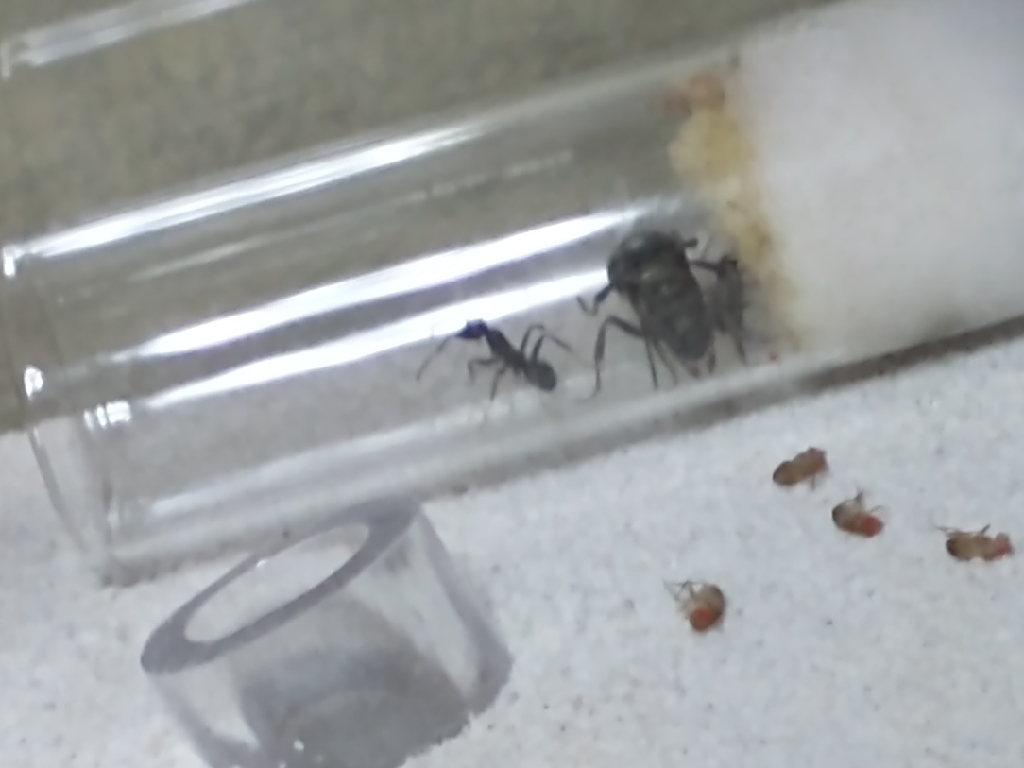
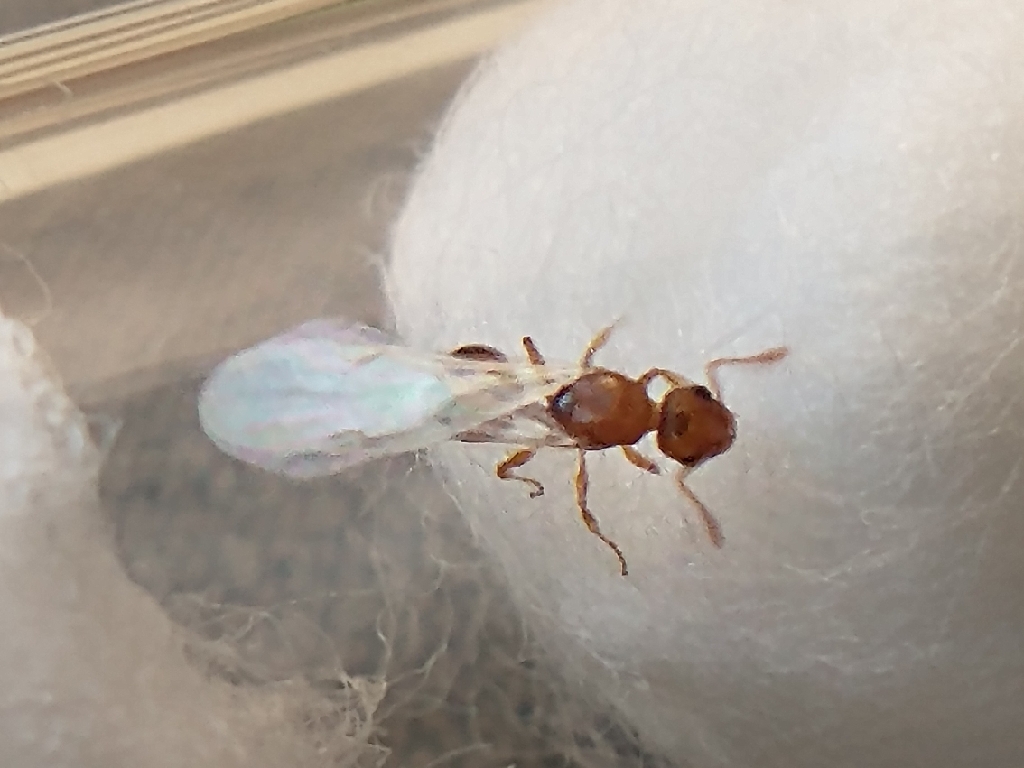
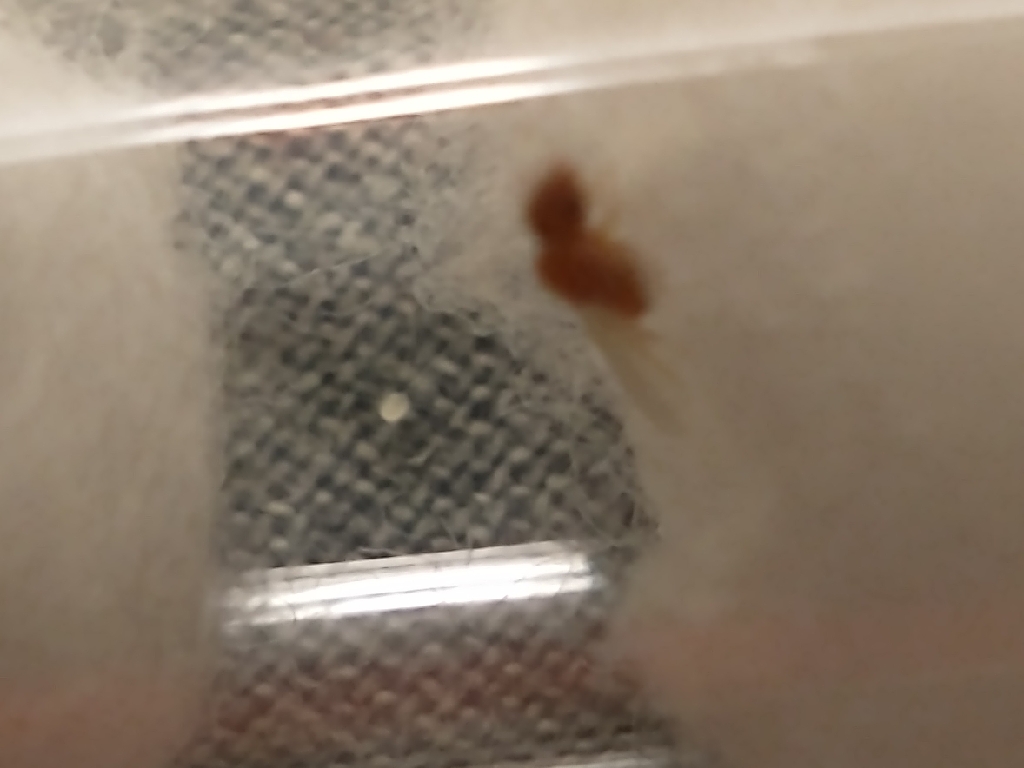
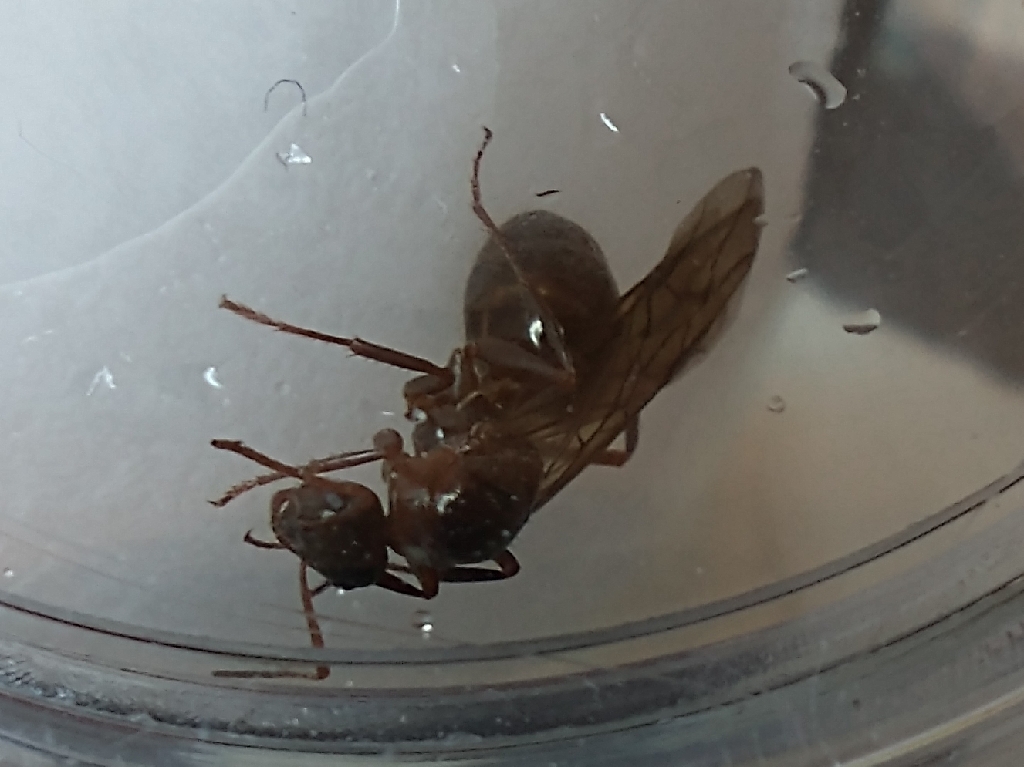
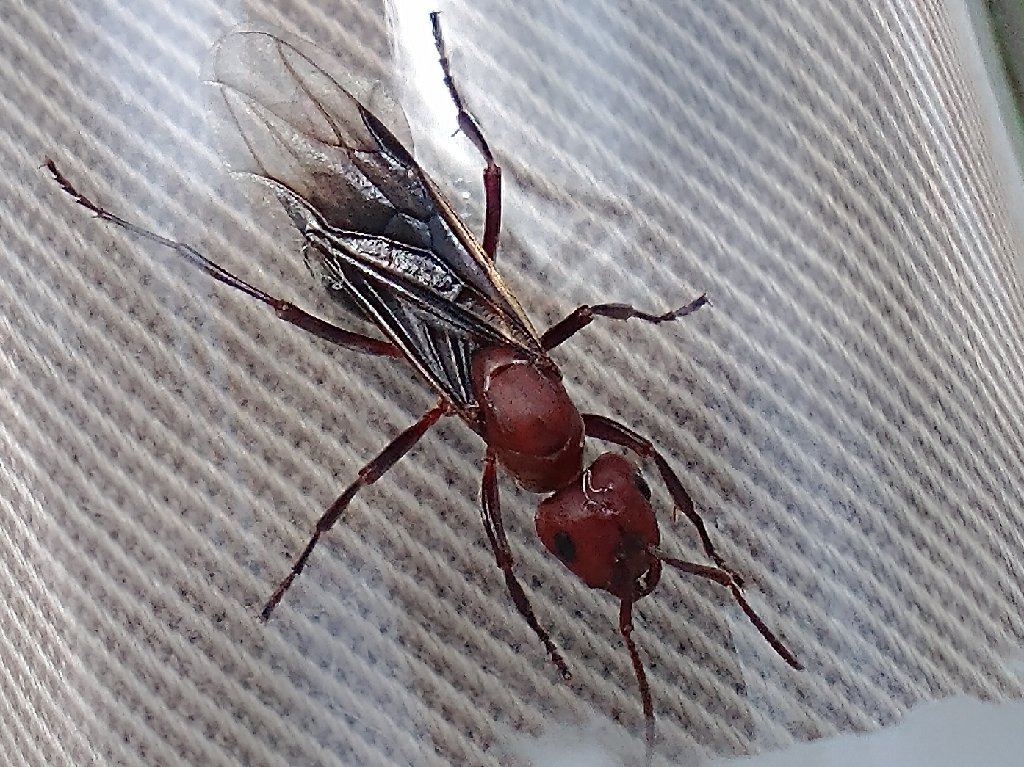
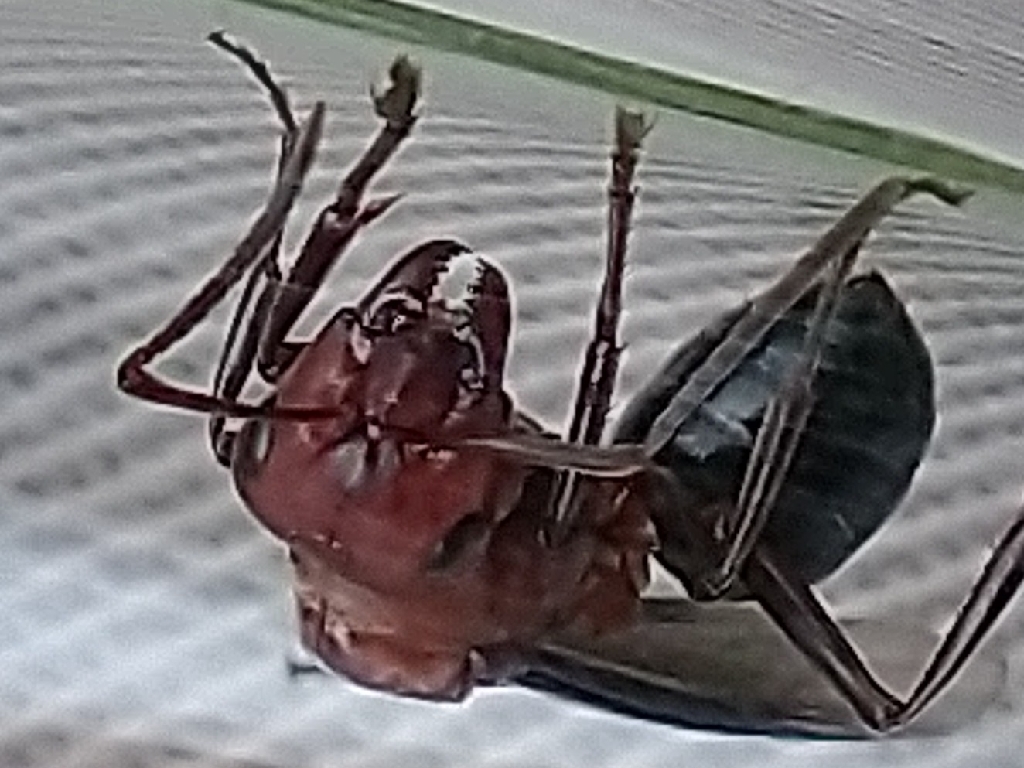
Edited by Polyacanthus, July 10 2021 - 8:56 PM.
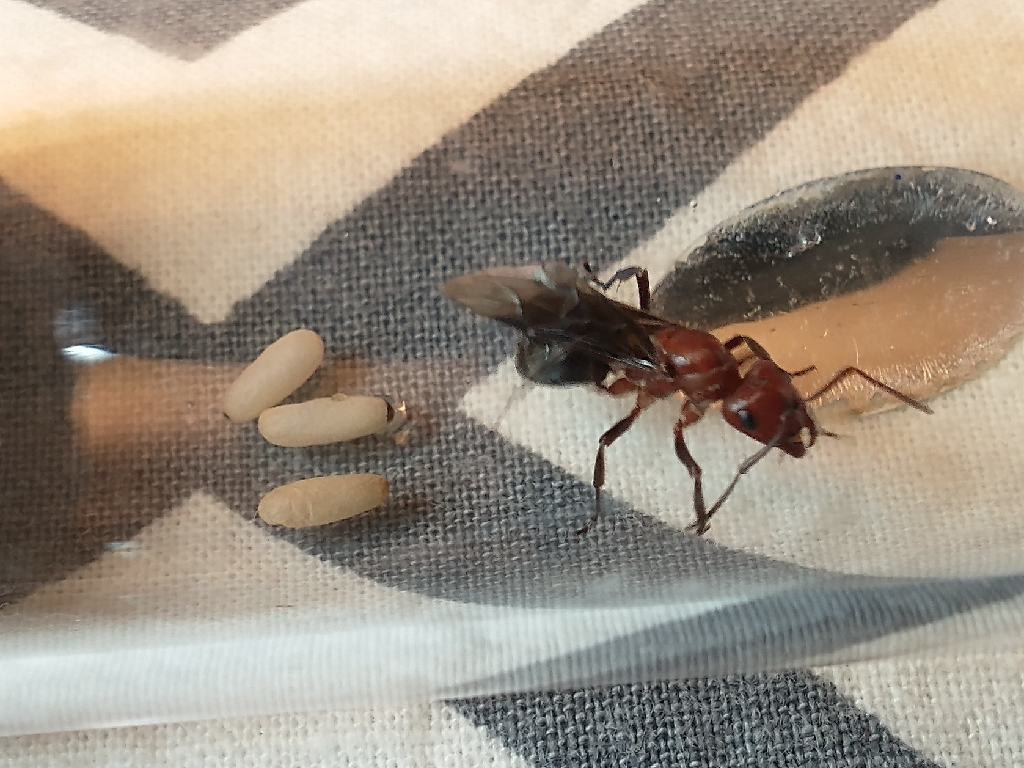
0 members, 0 guests, 0 anonymous users